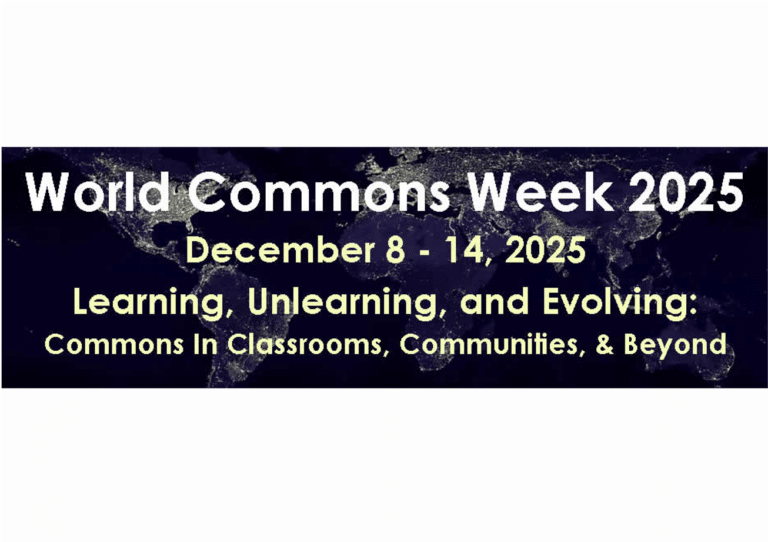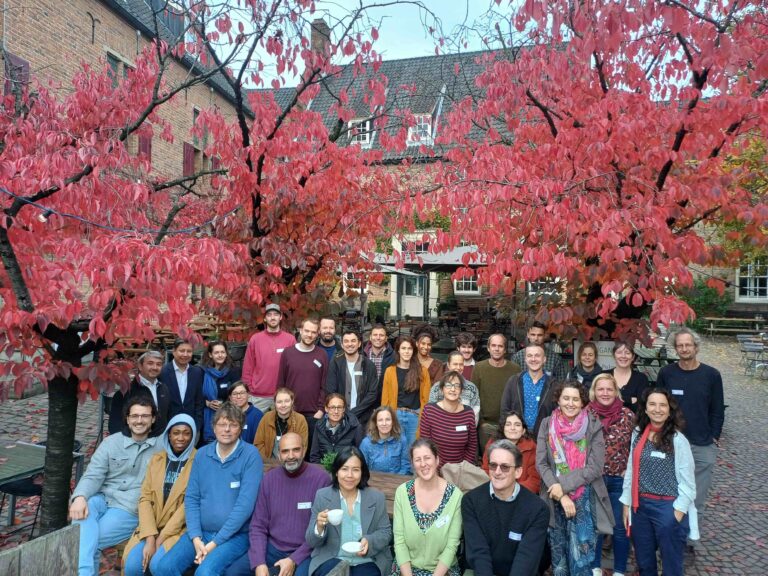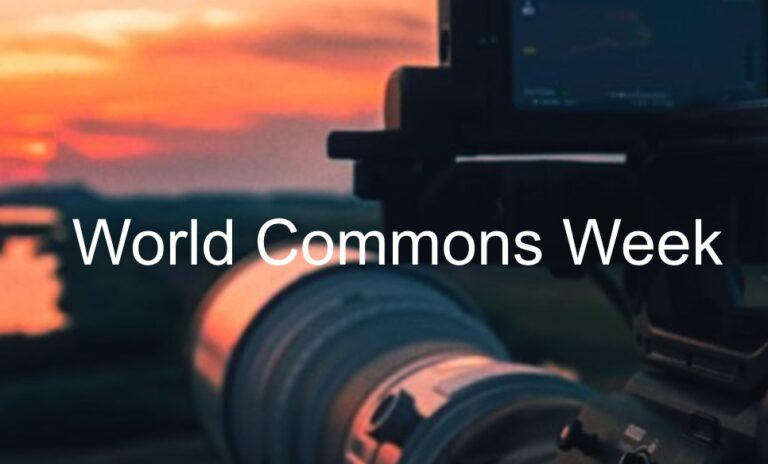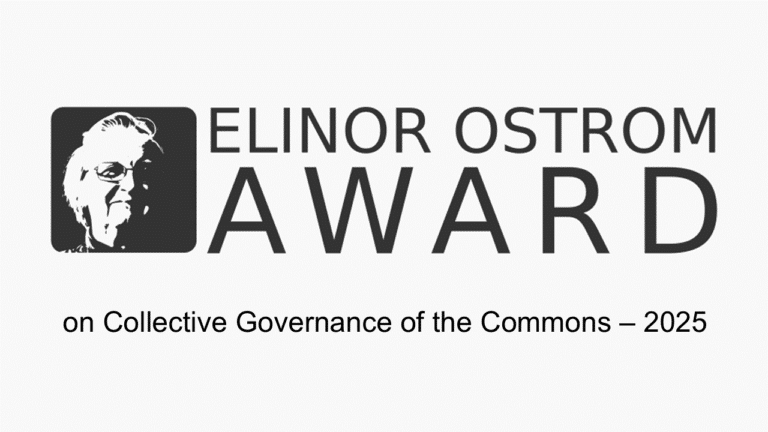About IASC Europe & CIS
The IASC was founded on May 27, 1989 and its legal address has been at Indiana University since then. Various global, regional and topical conferences have been organized in Europe over the years. Since 2018 we started to decentralize our coordination, particularly to facilitate understanding and practice of commons on more regional and local levels. We would like to support communication among the members as well as potential members of the association within the region/country/thematic areas, and reach out to broader external audiences.
Latest News
Call for expressions of interest: First Forum on Land Commons in France
Multiple IASC members are calling for expressions of interest from anyone collectively managing shared resources.
Happy World Commons Week 2025
This year’s theme is Learning, Unlearning, and Evolving: Commons In Classrooms, Communities, and Beyond. Traditionally, IASC members are organizing events worldwide.
International Conference Discovering the Power of Nature, Ljubljana, Nov 27-28, 2025
Multiple IASC members organize and present at the International Conference on Discovering the Power of Nature in Ljubljana.
Introducing the IASC EU/UK Hub of the IASC Early Career Network
IASC ECN members launch their EU/UK Hub and introduce their vision.
PLANET4B Tales of Transformation: Turning the Tide for Biodiversity and People – consortium meeting on Sep 11, 2025, Brussels, livestreamed
Multiple IASC members will be at the Horizon Europe PLANET4B Consortium Meeting presenting theoretical, methodological, and empirical results and discussing them with experts.
New research on common land organizations and institutions in the European Alps
Several IASC members report their research on mapping commons across six countries in Europe.
Join World Commons Week 2024 online on December 1-10!
Join webinars to celebrate commons research and practice on December 1 -10.
Elinor Ostrom Award on Collective Governance of the Commons – 2025
The call for nominations has been extended till 20 November 2024.
Have news and want to post them here?
Now you can send your news about relevant events, publications, job opportunities, and other news-worthy information directly to us.
(membership required)
Join Us
Become an IASC Member
… and enjoy all member benefits, such as:
* reduced conference fees
* free attendance to IASC workshops
* your announcements on IASC Europe website and Global IASC Newsletter
* reduced publication fees on our International Journal of the Commons
* finding fellow-experts via our members directory
* free access to resources
and more…
World Commons Week
Regional Coordination Team
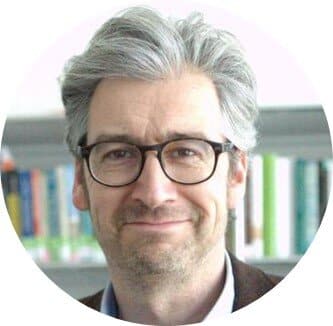
Tobias Haller
Extraordinary Professor in Social Anthropology, University of Bern, Switzerland
Tobias Haller is Extraordinary Professor in Social Anthropology at the Institute of Social Anthropology, University of Bern, Switzerland and lecturer at the ETH Zurich. He studied at the University of Zurich social anthropology, geography and sociology and made his PhD and his habilitation at the University of Zurich. After being project leader in the NCCCR North-South, he was appointed as Director of the Swiss Network for International Studies in Geneva in 2008. In 2009 he became Associate professor at the Institute of Social Anthropology in Bern until 2014 when he received an extraordinary professorship at the same institute.

Ilkhom Soliev
Professor of Environmental Sociology and Director of the Social Learning and Environmental Governance Lab, Martin Luther University Halle-Wittenberg (MLU), Germany and German Centre for Integrative Biodiversity Research (iDiv)
Ilkhom Soliev is an institutional economist and interdisciplinary social-environmental researcher with focus on governance of common pool resources. He studies behavioral and institutional change for equitable and sustainable environmental governance. He examines societal transformations and path dependence across natural resource domains of water, land, forests, biodiversity, and climate, as well as in various cultural and political contexts. Currently he is leading the Horizon Europe Project PLANET4B. His most recent interests include experiential learning, survey experiments, power of discourse and social movements in the context of environmental governance, as well as transdisciplinary approaches to values and rights of nature.


